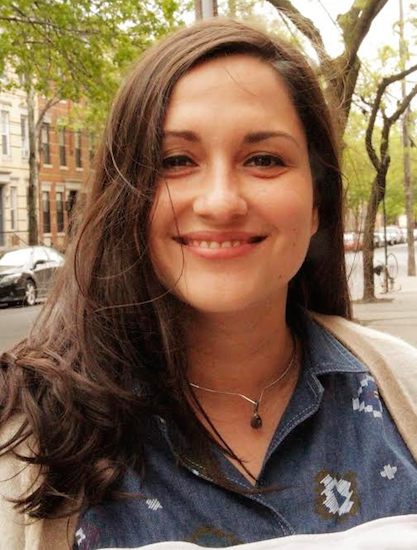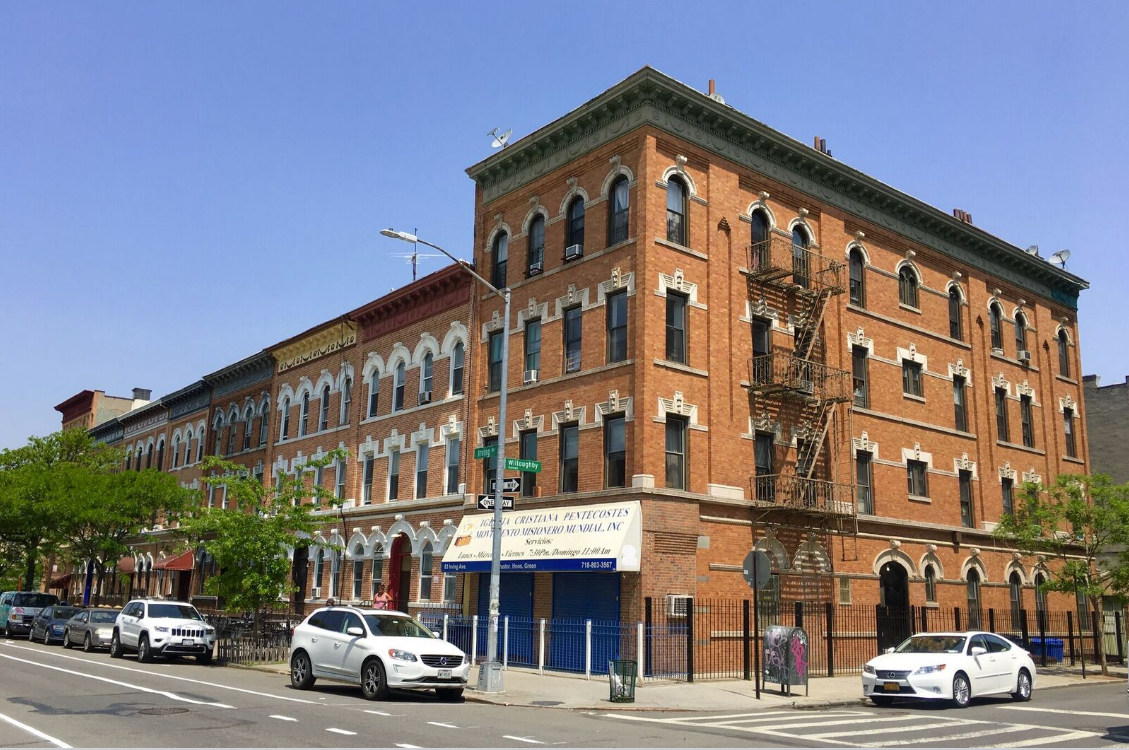An interview with Bushwick-based playwright Jaclyn Backhaus on her new play ‘Men on Boats’
Where The Green, Colorado and Hudson Rivers Meet

The most exuberant, clever, frisky, ingenious, inventive and audacious play of the season, Jaclyn Backhaus’ “Men on Boats,” is currently being presented by Playwrights Horizons and Clubbed Thumb at the Peter Jay Sharp Theater on the far west side of 42nd Street. “Men on Boats” is set in Wyoming, Utah and Arizona. In 1869, soldier, geologist and explorer John Wesley Powell led a ten-man, four-boat expedition down the Green and Colorado Rivers to the “Big Canyon,” or as we know it today, the Grand Canyon.
The play, which opened Aug. 1, is a riotous romp, and I strongly recommend all who wish to see it man their canoes immediately and paddle over to the Peter Jay Sharp posthaste. “Men on Boats” is destined to be a huge hit.
As the audience enters the Sharp Theater, the first element one notices is the backdrop of a rugged, majestic and towering canyon. Barely discernable inside the backdrop are five rectangular panels. Gradually, one becomes aware of the sound of chirping birds. As the house lights dim, there is a military drum roll. The ten members of the expedition, all played by women, enter the stage through these panels, some inside makeshift boats. One-armed John Wesley Powell himself (herself) is in the lead boat, the Emma Dean, named after his wife. “We’re on the river now, crew,” Powell announces. “There will be churning, there will be swells. Keep your bearings.” This command is meant as much for the audience as the boatmen. During the course of this hour-and-a-half-long intermission-less play, we would all be well-advised to keep our bearings.
